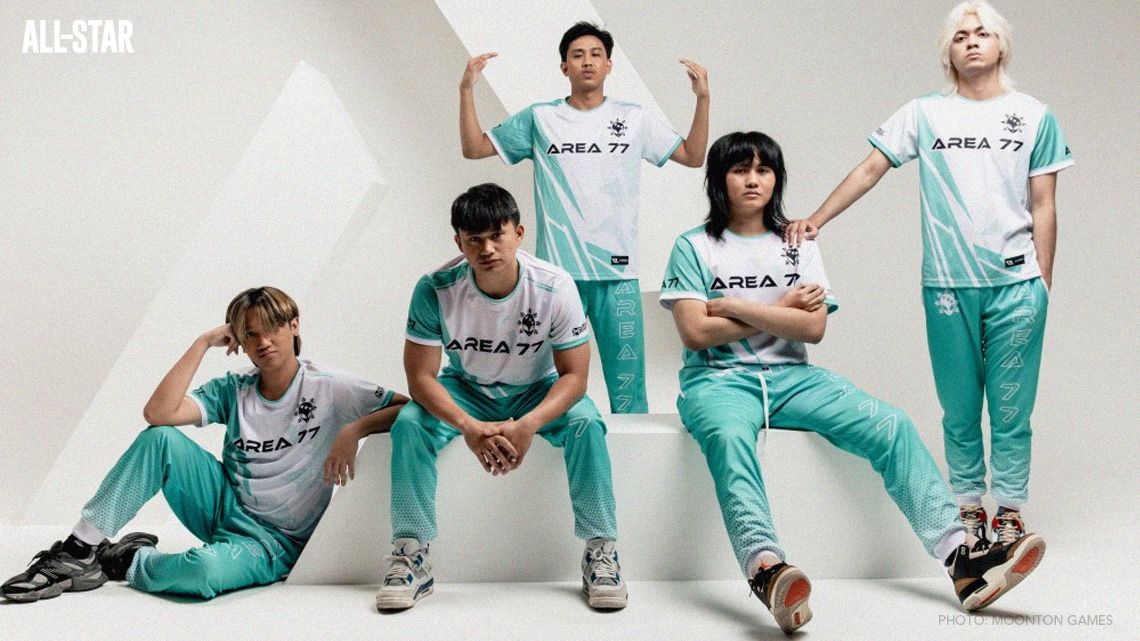Meet Area 77: The All-Filipino North American Team That Took the MSC Stage
It should’ve been S8UL, not Area 77, people say.
Formerly BTK, S8UL was a powerhouse that had earned North America’s slot at the Mid Season Cup (MSC) after a strong NACT campaign. But when S8UL was disqualified after its players endorsed a competitor of Mobile Legends: Bang Bang, the unexpected happened: the runner-up squad, Area 77, received the call.
To many, they were nobodies. No org. No celebrity player. Just a crew of unfamiliar names.
But Area 77 wasn’t a patchwork team thrown together at the last minute. They were all Filipinos. They came close to sweeping the NACT, but their run was cut short by BTK in the grand finals. They had been grinding in the North American server, forming chemistry not in boot camps but in solo queue. A band of migrants, college kids, and a jungler who took a year off school to chase the dream.
ALSO READ:
- How MTB and DexStar Prepared Aurora Türkiye vs ONIC PH
- Coach Ynot Wants His Firstborn to Inherit This Trait From Kelra
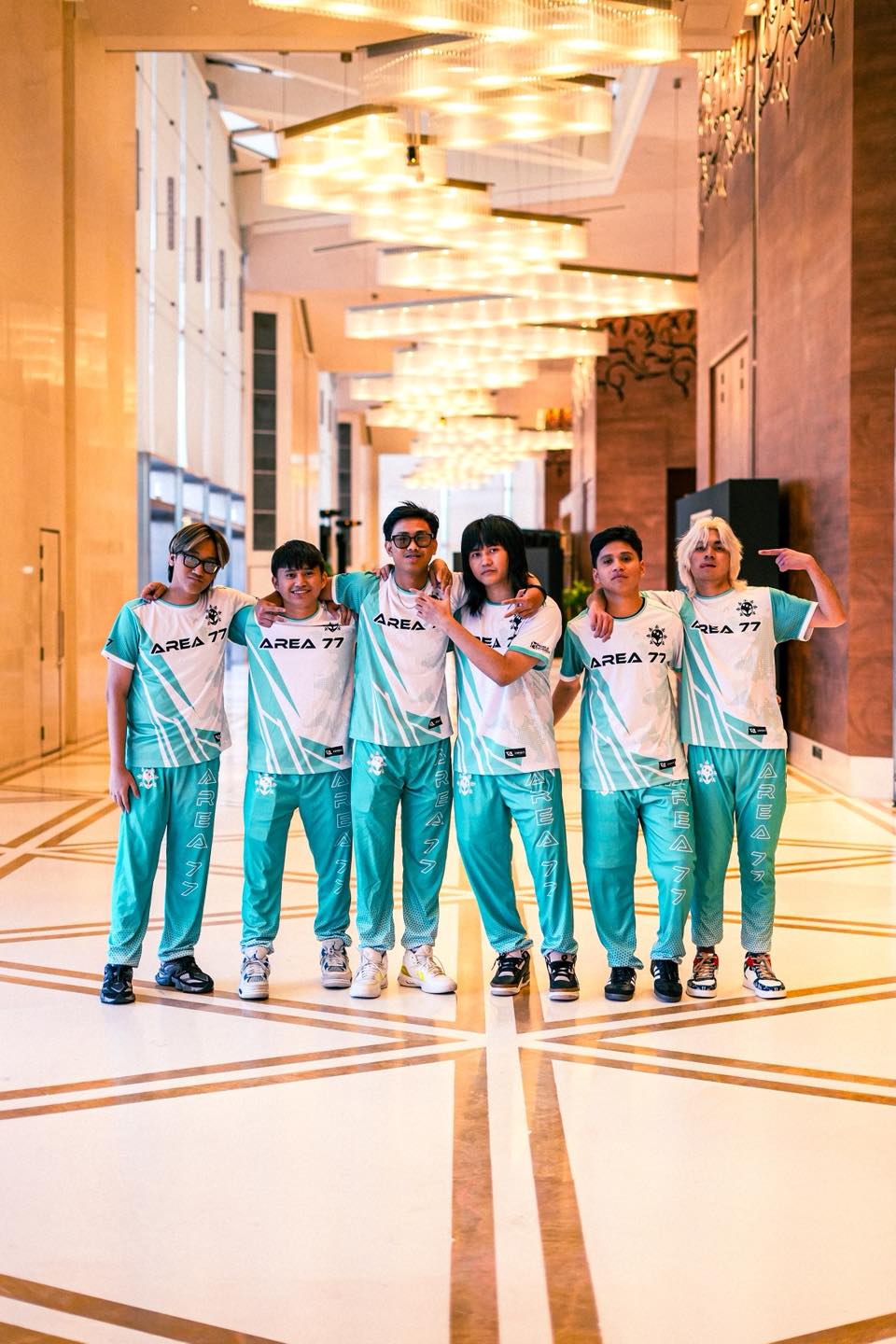
From Imus to Esports—Filipino Players Abroad, Reunited by Ranked Games
RJ “ISO” Dela Cruz came from Imus, Cavite. Joyboj, from Pampanga. Ureshi, from Nueva Ecija. Idirkk, the team’s newest member, had just arrived in the U.S. from Misamis Occidental nine months prior. All are fluent in Tagalog. Like their midlaner Hunter, they had all migrated to North America for the same reasons that fuel millions of OFW families: family reunification, better schooling, a shot at the future.
Most of the players are juggling college while competing. Except for Shiro.
“I took a gap year,” he says. “I just really wanted to try going pro. I knew if I didn’t take the chance now, I might not get another.”
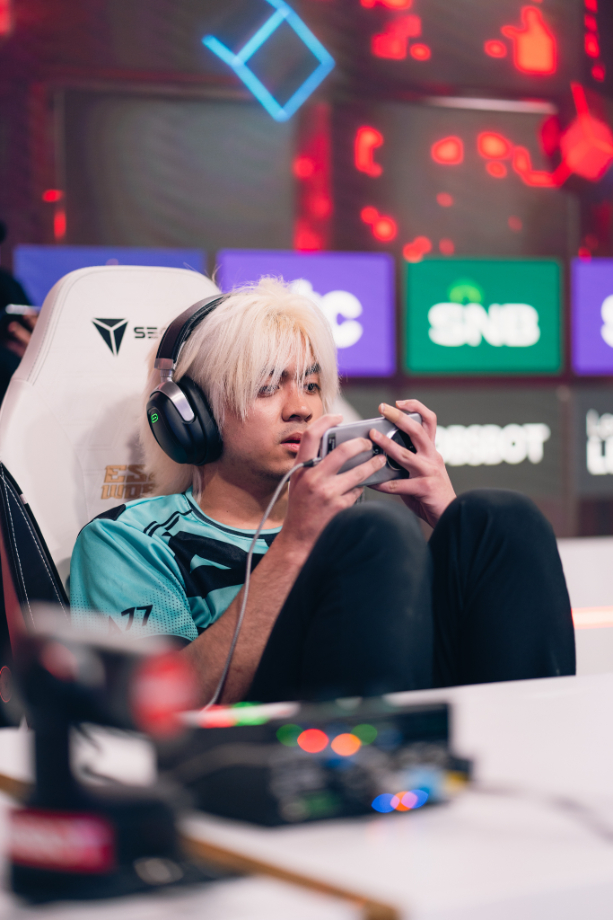
Originally from Quezon City, Shiro moved to Canada at 13. At 18, he chose Mobile Legends over a conventional path.
The Origins of Area 77
Area 77 was originally founded in 2020 as a mixed-race team of Vietnamese and American players. It wasn’t until 2022, when Trisha “Smiling” Delos Reyes took over as manager, that it became a full Filipino lineup.
“I came from The Valley, BTK, and The Ohio Brothers,” says Smiling. “But when I moved to Area 77, I rebuilt it. This time, it was all Filipino.”
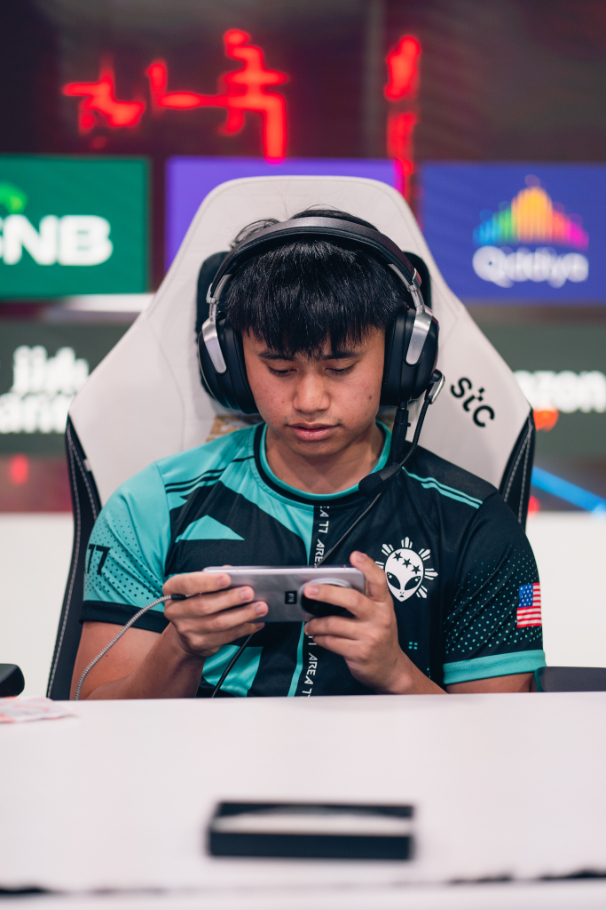
The logo—bearing the stars and sun rays of the Philippine flag—isn’t a coincidence. Even if the team officially represents the North American server, they carry the archipelago with them every time they load into the Land of Dawn.
Area 77 had come close—agonizingly close—to winning the NACT Spring title. They nearly swept the season but got defeated by MobaZane and company in the grand finals. They believed their season was over.
Then came the news: S8UL wouldn’t be going to MSC. Area 77 was. But one member of the team was not happy about it.
“Hindi masaya,” admits Ureshi. “Para sa akin, undeserving. May gusto kaming patunayan, pero hindi tumutugma sa efforts. Talo na naman,” Ureshi told ALL-STAR.
The slot felt like a second chance—but one given, not won. And so they treated it like a mission: prove that they belong.
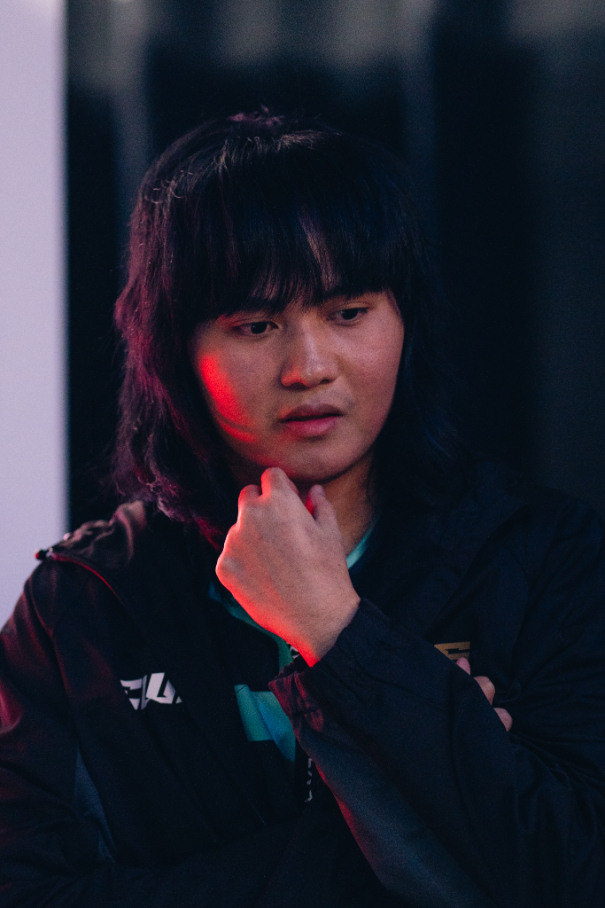
Training in the Philippines Shocked Area 77
Before Riyadh, they went home.
In Binangonan, Rizal, the squad held their first full boot camp—scrimming with PH teams, grinding ranked, and learning the hard way that even in ranked games, the Philippines still plays at a different speed.
“When we first played as a five-man team in the Philippines, it wasn’t easy. The moment we started scrimming and grinding ranked, all our weaknesses became clear—the level of competition was just on a different scale,” Shiro told ALL-STAR.
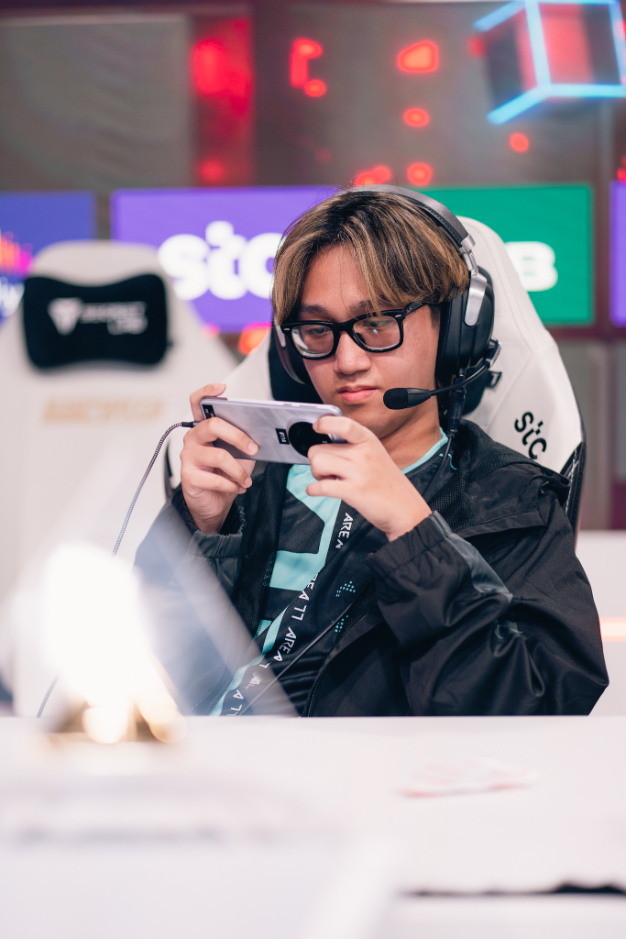
“We realized our shortcomings through the losses we kept taking in the Philippines. We focused on improving and cutting down our mistakes during training—and in the end, the trip was worth it,” Shiro said.
Area 77 admitted that the Philippines was nothing like what they expected—or what they were used to in North America.
“We’re grateful we got to experience it firsthand. It taught us that if you really want to represent on the world stage, you have to respect and embrace true competition.”
Training in the Philippines reminded them of what it meant to fight for a slot—what it meant to play in a country where every kid with a smartphone could be your next rival.
“We learned to value competitiveness again,” he added.
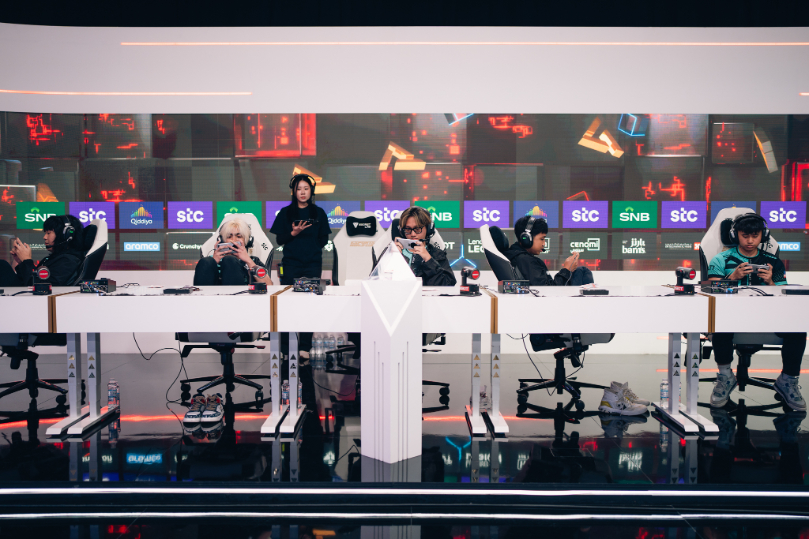
Area 77 is More Than a Replacement
Area 77 didn’t enter MSC the way they wanted. But when they walked on stage in Riyadh, they carried something that couldn’t be replaced.
They represented a diaspora—Filipinos who had left, but never fully let go. They carried the frustration of being counted out, the pressure of proving they belonged, and the subtle, unspoken pride of still being part of home.
They didn’t win the NACT cup. But they told a story louder than stats: that even in North America—even with schoolwork piling up and side hustles on the side—a team of young, homesick migrants could still show the world how Filipinos play.
